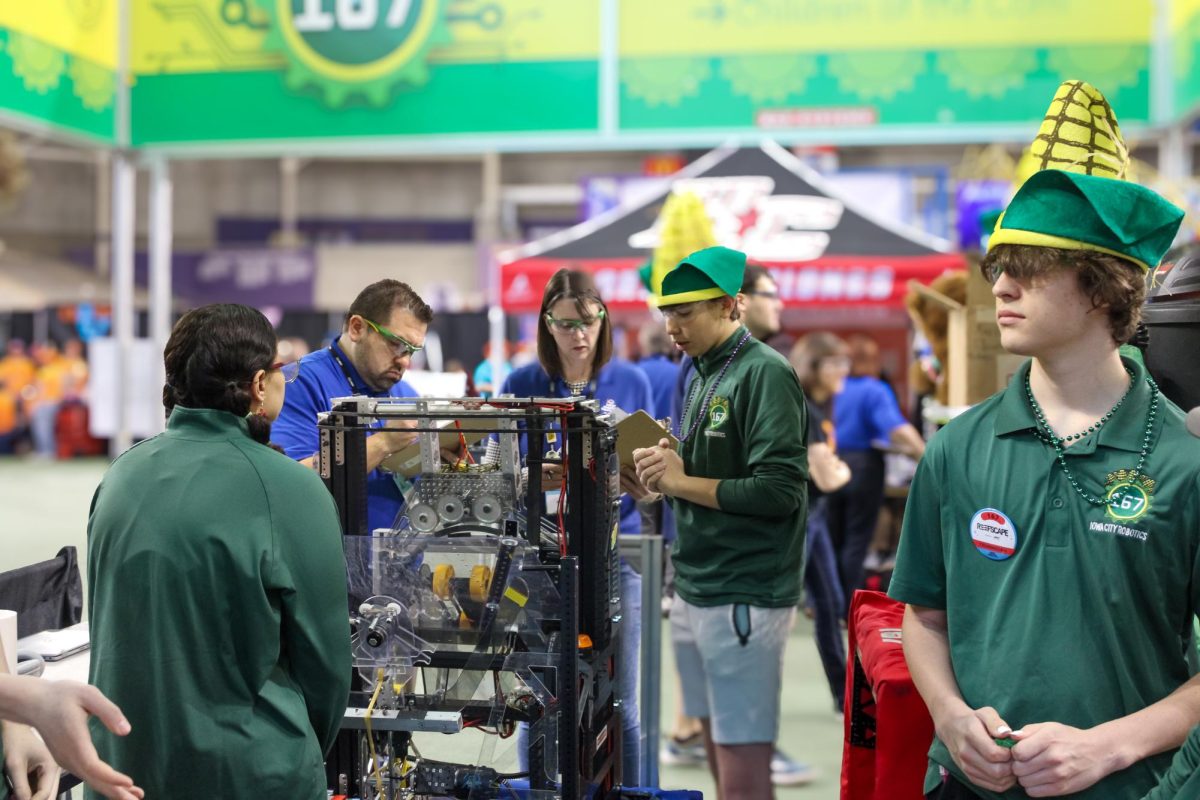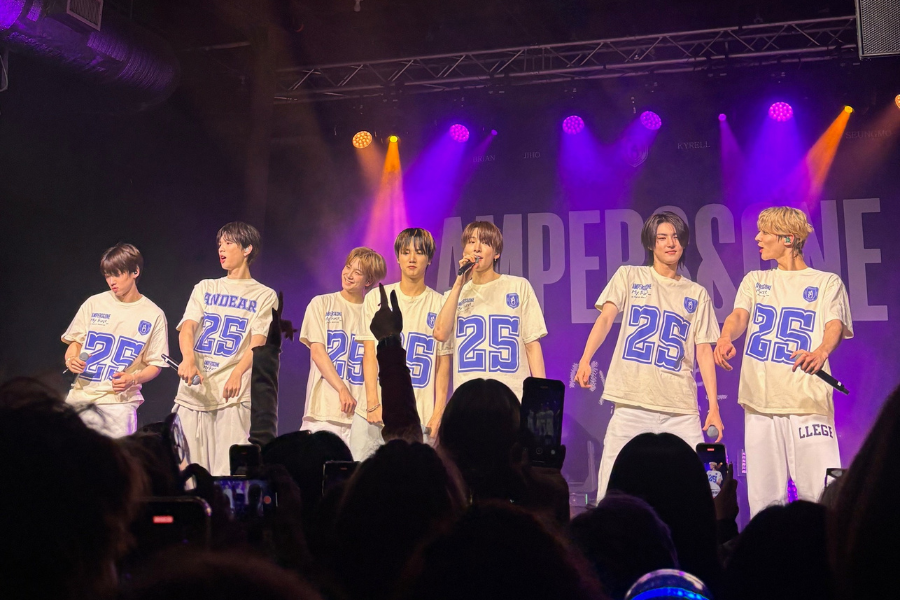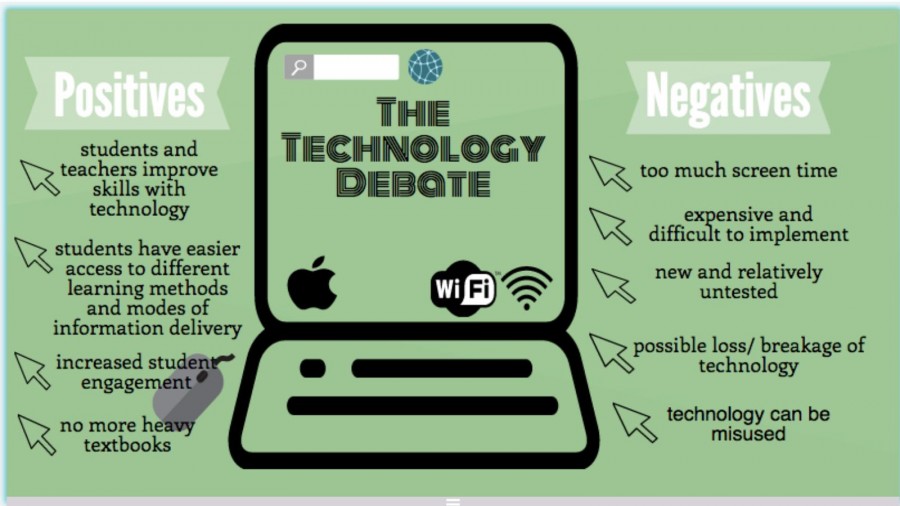For ICCSD, Time to Plug Into One-to-One Technology
January 4, 2016
As school districts around the country make efforts to introduce new technology into the classroom, the ICCSD has been getting serious about the prospect of starting its own one-to-one initiative. Becoming a one-to-one district means that each student at City High would have a personal laptop, most likely a chromebook. Students would be able to take these computers home with them as opposed to the current, at-school-only, computer access.
“Going to a one-to-one technology initiative where every student would be supplied with a device of some sort has long been a goal of mine,” Principal John Bacon said. “This is something that for the past three or four years we’ve been talking about, we’ve been dreaming about, we’ve been learning about other schools that have done this.”
Smaller school districts, such as West Branch, have often beaten bigger districts to the punch on one-to-one, as it is easier to provide each student with a computer when there are fewer students. However, one-to-one is now becoming more and more common for all districts, regardless of size.
“There’s no doubt in my mind that the day comes when [one-to-one] is just standard operating procedure at schools across the country; that it is a given that every student is going to be supplied with a tool for them to access the internet etc,” Bacon said. “I really believe that that’s the direction we’re heading, and so I’m all for doing [one-to-one] as quickly as possible. I think the district is really getting serious about it.”
Although the ICCSD currently has no timetable set for implementation, or plan for how to allocate resources so as to make going one-to-one a possibility, district leaders agree with Bacon that figuring out how to make this goal a reality must become a priority.
Assistant Superintendent Matt Degner is currently spearheading the district’s push towards one-to-one.
“We’ve started figuring out dates we could reasonably take on [one-to-one] where we could feel good about this with teaching and learning goals, and also the infrastructure and tech side,” Degner said. “I think we’re getting closer to that conversation and part of what is pushing us is the smarter balance assessment.”
The smarter balance assessment, which is administered purely online, is a core curriculum assessment that the ICCSD is going to be using in the future.
‘[The assessment] is going to cause us to think about whether or not we have enough devices in the district,” Degner said. “Additionally, we need think about how we can create an environment that reflects what our students experience outside of k-12 education. Students spend time on a lot of these platforms outside of school and we need to think about how we can be a part of that process, instead of limiting our impact in that area.”
Degner is correct in saying that technology is playing an increasingly large role in the lives of teens. According to Common Sense Media, teens spend on average more than one third of each day using media.
“I feel as though it’s a good idea in theory, but there are definitely some problems associated because in this day and age with social media and stuff,” Charles Mascardo ‘16 said. ”Everybody can get easily distracted by something other than what they’re supposed to be working on.”
According to the Center for the Advanced Study of Technology Leadership in Education, University of Kentucky, substantial research shows that one-to-one is most beneficial for students working on writing. However, Mr. Koepnick, who has used ipads in his biology classes over the past years, hopes that he can use new technology to broaden his students’ perspectives in science.
“I’m interested in making students think,” Koepnick said. “To feel limited in anything you do is utterly stifling and what school should always be about is finding ways of getting out of the box. We usually think of the box as the way people see themselves in a given situation, but in a school it literally is the walls, ceiling, and floor of the classroom. We need to get our minds out of that.”
Degner agrees that the main goal of one-to-one is to increase the quality of education in the ICCSD.
I think one of the most positive things I’ve seen is how it empowers students to own their learning,” Degner said. “Right now we are just considering what would be best for our students.”





























